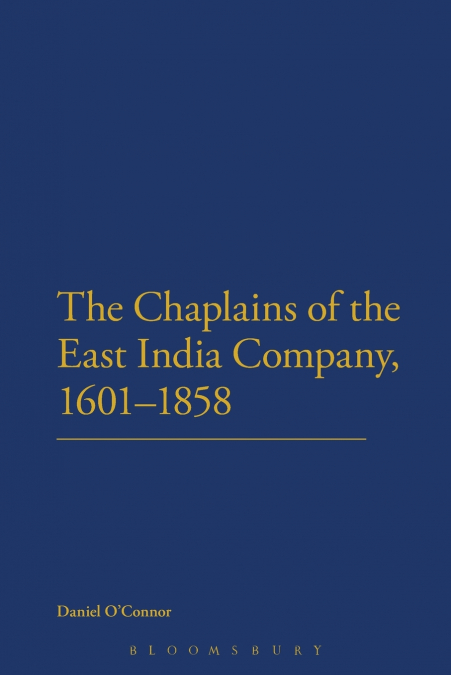
Daniel O’Connor
The East India Company’s merchants were called Adventurers because they ventured their money in the risky markets of the Spice Islands and the fabulously wealthy Mughal Empire. In another sense also, the Company’s entire 250 years were an adventure, exciting and dangerous, and creating over time, by violence and corruption, an empire. Contrary to the common view, the Company always claimed a Christian identity, hence the chaplains, on their voyages and in their trading ’factories’ and garrisons, to guard the morals and morale of their operations. This the chaplains did with varying conviction and success. Forbear of the multinational of today, the Company continues to fascinate, attracting a vast amount of study worldwide as an economic and political phenomenon, an instrument of development, patron of art, and locus of attention in the new-imperial and postcolonial literature. Virtually unnoticed hitherto alongside the seafarers, merchant-adventurers, soldiers and imperialists, and their Indian collaborators, was a succession of educated, mostly young men with a tricky assignment and a distinct angle on all that took place: the chaplains.